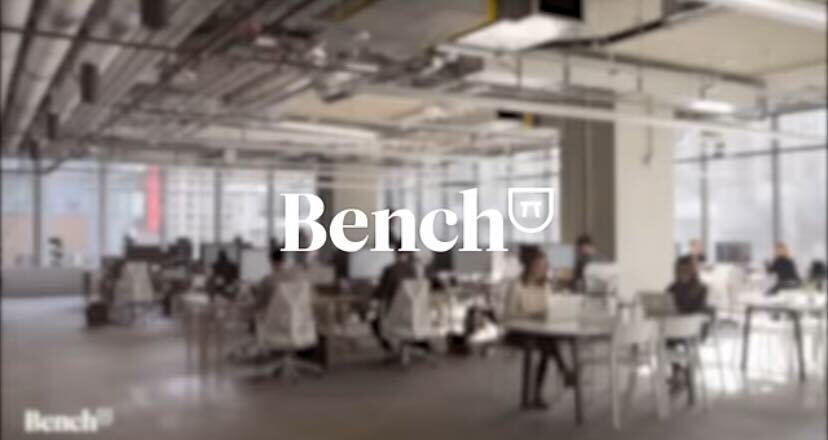Before discussing the importance of a flexible work environment to entice new people and retain existing employees, it is important to understand what flexible work entails. Entrepreneur defines flexibility as “affording employees the opportunity to make their own choices as to when, where, and how they engage in work related projects and tasks.” FlexJobs describes workplace flexibility as an agreement between employers and employees having three components: (1) employees are able to choose where they work from; (2) they can create their work schedules; and (3) they schedule their workday however they want.
What are Flexible Work Choices?
There are a myriad of flexible work arrangements popular in attracting and retaining talented employees. Some of the more common flexible work plans include:
- Telecommuting. Telecommuting is described as working from outside of the employer’s physical space. It can mean working from home, a library, a coffee shop or anywhere with Wi-Fi. Telecommuters might be required to attend in-person meetings or report to an office, which usually requires employees who reside locally.
- Remote work versus telecommuting. These terms are sometimes used interchangeably; however, there is an important distinction. Employees working remotely do not need to be physically present in an office or live in close proximity to an office; whereas remote workers can do their jobs anywhere in the world, provided they have the correct technology and adequate internet.
- Hybrid work environments. They include a combination of employees working in the office, telecommuting, or completely remote. The emphasis is on how employees work, rather than where they work.
While telecommuting, remote and hybrid work arrangements are popular flex options; other flexible work arrangements include part-time employment, condensed work weeks, job-sharing, and customized work hours. Whichever flexible work option is available, people believe workplace flexibility is vital.
Why Do People Want Flexibility at Work?
Employees across the country have been empowered by the transformations in the world of work. The priorities of employees have evolved post pandemic. FlexJobs, a job site for flexible employment, reported 16 percent of 7,300 workers surveyed said they were searching for a new job because of flexibility issues. Amazingly, more than 25 percent of those surveyed indicated they would agree to a 10 or 20 percent salary reduction in exchange for a flexible work arrangement. There are very specific reasons why people seek flexible work arrangements.
Work-life balance is a primary factor cited by a majority of people as the reason they desire flexible work. People want to create the correct balance between their work and personal lives. Since 2013, according to the Society for Human Resources and Management (SHRM), work-life balance, spending time with family, saving time and limiting stress from commuting are the top reasons people want flexible work. Flexibility of location and hours was cited in a LinkedIn survey of 5,291 members as a high priority — people want freedom and personal control. Flexibility is ranked above money, status or titles. Also, family planning as well as mental and physical health concerns are listed as reasons why people seek flexible work arrangements.
While flexible work arrangements are clearly desirable and advantageous to employees, how does work flexibility benefit C-suite executives and businesses?
What are the Advantages to Businesses who Support a Flexible Work Environment?
Hiring talented employees is a major issue throughout the country, including in the accounting industry. Creating a flexible work environment is important in attracting and retaining talented people. There are multiple advantages for a C-suite executive or business in offering flexible work arrangements.
Providing a flexible work arrangement attracts top talent, since the employment search may not be based on geography. The broadness of the search increases diversity in the organization. A 2018 study by McKinsey & Company discovered businesses with diverse teams have better performing teams than companies with less diverse teams.
Also, offering remote hiring and training attracts top-notch people primarily interested in an employer who offers flexible work options. By offering flexible work options, employers can help improve employee engagement and help retain quality people. In a 2018 survey reported by Flexjobs, 80 percent of workers indicated they would take a job which offered flexibility over a job that did not. They reported they valued flexibility over additional vacation days or better job titles. In a 2019 FlexJobs survey, 80 percent of people stated if their employer offered a flexible schedule, “they would be more loyal to their employer.”
Further, offering workplace flexibility increases employee commitment and improves performance. According to a report from SHRM, “employees who have the opportunity to make use of workplace flexibility show increased commitment and engagement and improved performance — outcomes that ultimately help their employers.” SHRM reported 41 percent of employees who benefit from a flexible work arrangement reported they would continue with their company because of the workplace flexibility option.
As the evolution to flexible work arrangements continues, cybersecurity is paramount. C-suite executives and tech professionals recognize the importance of having a cloud solution, such as the services offered by Cetrom, to ensure employees are able to work remotely if necessary or desired while maintaining security and productivity. In considering the advantages of offering employees flexible work arrangements, it’s an excellent time for CPA firms to innovate with new cybersecurity strategies and solutions to ensure protection wherever the employee works.
Concluding Thoughts
Although there are some challenges for C-suite executives in offering flexible work arrangements, flexibility is clearly advantageous to businesses with respect to hiring and retaining excellent employees. Companies willing to provide a flexible work environment are demonstrating a commitment to their employees, an ultimate benefit to a business in quality talent and committed employees. Who knows, the next email from a C-suite executive might arrive from a beach house or ski chalet.
====
Christopher Stark is the President & CEO of Cetrom.
Thanks for reading CPA Practice Advisor!
Subscribe Already registered? Log In
Need more information? Read the FAQs
Tags: Benefits, Firm Management, Payroll, Technology





